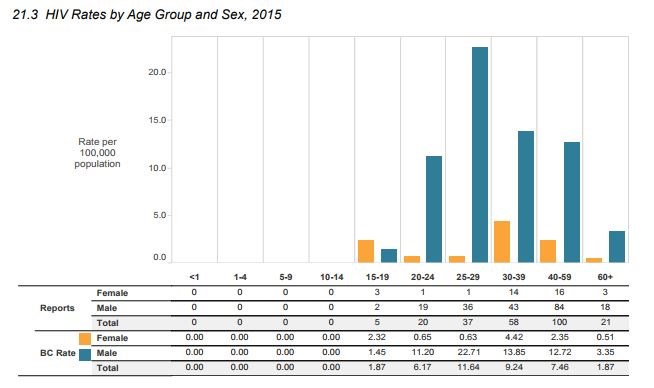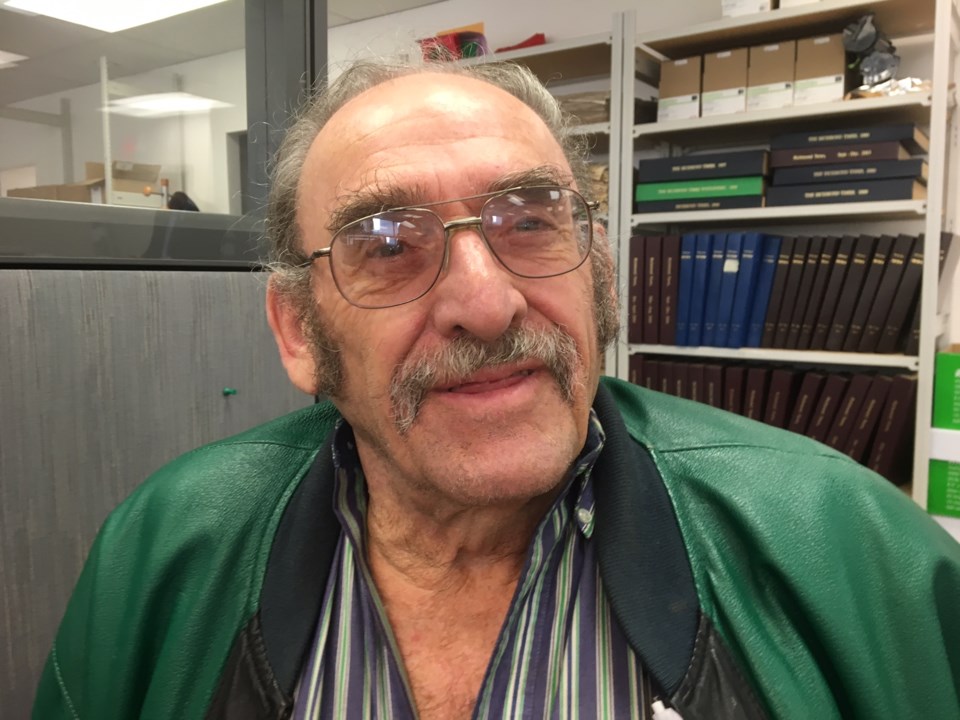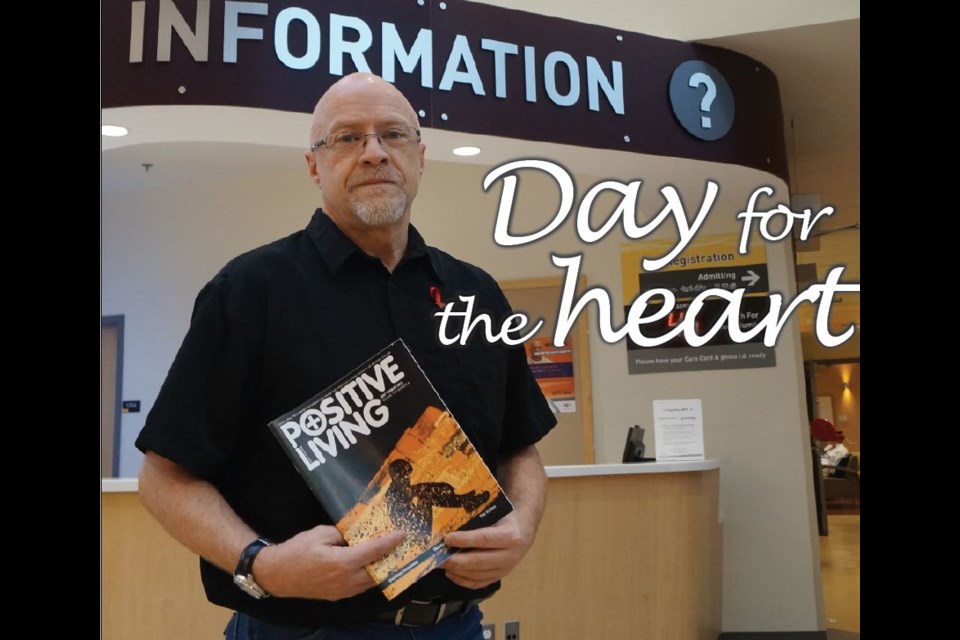Today marks World AIDS Day, an annual moment of reflection and education of one of the globe’s most deadly viral epidemics that first struck North America in the 1960s and became widespread by the 1980s.
Today, there are still 36.7 million people living with the HIV virus, the precursor to AIDS. Last year, about one million people died from the disease, according to the World Health Organization.
The problem is most pronounced in Africa, as HIV rates have been steadily declining over the past two decades in Canada, including here in Richmond, thanks to safe-sex education and safer drug use — as HIV is transmitted by exchanging body fluids.
But despite the lower rates of infection, World AIDS Day will still have a small presence in Richmond. At city hall and Richmond Hospital, Carl Bailey and his team of volunteers at Heart of Richmond will have HIV/AIDS information booths set up for the public.
“Education is one of the biggest things we do,” said Bailey, the president of Heart of Richmond, a small non-profit group — stationed on Buswell Street — that connects HIV-positive people with various health services.
Bailey is mostly concerned with the cavalier attitude of younger people — the millennials — who now represent the highest HIV rates by age in B.C.
“Now that it’s a manageable disease, like diabetes, they’re not scared. And that’s not good.

“There’s this idea that there’s medication, and if you get it, you can just go on medication and still live a normal life. Which is not the way to think,” said Bailey, acknowledging that HIV treatment can be as little as a pill a day in order to live a full life (although there are often life-debilitating side effects).
“We find that parents don’t teach kids what they should know half the time. And teachers aren’t trained to teach this, so they may bring in someone who can explain the facts, like us,” said Bailey, whose outreach worker visits high school sex education classes.
“Our role is to get as many students out there, every year, to see our presentations, so they’re more aware that if they get into a situation where they’re going to have sex, they understand the risks,” said Bailey.
HIV rates in Richmond are much lower than the national average, which has gone from about eight in 100,000 people in 2002 to just under six in 100,000 people in 2016, according to the B.C. Centre for Disease Control (CDC).
While Heart of Richmond has 60 members with HIV that it assists, from across the region, there are just eight people living in Richmond with HIV.

Stigma continues
One of those persons is John Cameron, who helped create Heart of Richmond in the mid-1990s.
“I recall walking into the mayor’s office. No one wanted to deal with it out here, and I don’t blame them,” said Cameron.
Despite low infection rates, Cameron said Heart of Richmond is still relevant here.
“The one thing in HIV/AIDS that has not changed is stigma.
“I had someone the other day who wouldn’t shake my hand, so what does that tell you? Most people won’t come out and talk about it and put themselves on the chopping block,” said Cameron.
Stigma is particularly problematic in Richmond, according to Bailey, whose secondary concerns relate to misunderstandings rooted in religion.
“There’s still a stigma. When it comes to that, people still frown and look, not nicely, at people with HIV,” said Bailey.
AIDS was most prevalent among gay males in the 1980s and today, over half of HIV diagnoses are still among gay or bisexual men, according to CDC.
Problems reaching out
Anti-gay bigotry, rooted in religious beliefs, is still prevalent in Richmond, noted Cameron.
Recently, Cameron spoke out publicly against a group of Chinese parents tied to Christian groups who opposed the Richmond School District setting a new policy for sexual orientation and gender identity education. It was believed by some in the group that such a policy would make kids gay.
Reaching out to the Chinese-Christian community, which, in some circles, is known to preach gay conversion therapy, has been difficult, said Bailey.
Four years ago Heart of Richmond hired a Chinese-speaking outreach worker and printed thousands of Chinese-language pamphlets to distribute across the city at the likes of medical clinics and social service agencies. All of them were stolen within a week, said Bailey.
More frustrating was the need for such education in the Chinese community, particularly with Chinese sex workers who utilized the free condoms it handed out.
Having hit a road block, Heart of Richmond endeavoured to reach the younger generation of the Chinese community by reaching out to school teachers.
“I think it’s the younger generation that needs to be educated, and I think that’s what the Heart of Richmond is trying to do through the schools,” said Bailey.
He noted that while the Lower Mainland is mostly liberal, the stigma is more pronounced in the predominantly conservative Christian provinces of Alberta and Saskatchewan, of which the latter has the highest HIV infection rates in the country.
“Because, they’re not having sex, right?” he said sarcastically.
Bailey pointed out that while many diseases have special clinics or centres that bear the name of the disease, HIV/AIDS does not. In Richmond, the part-time HIV/AIDS clinic is found at the Gilwest Clinic at the Richmond Hospital.
“You’d never know it’s there.”



